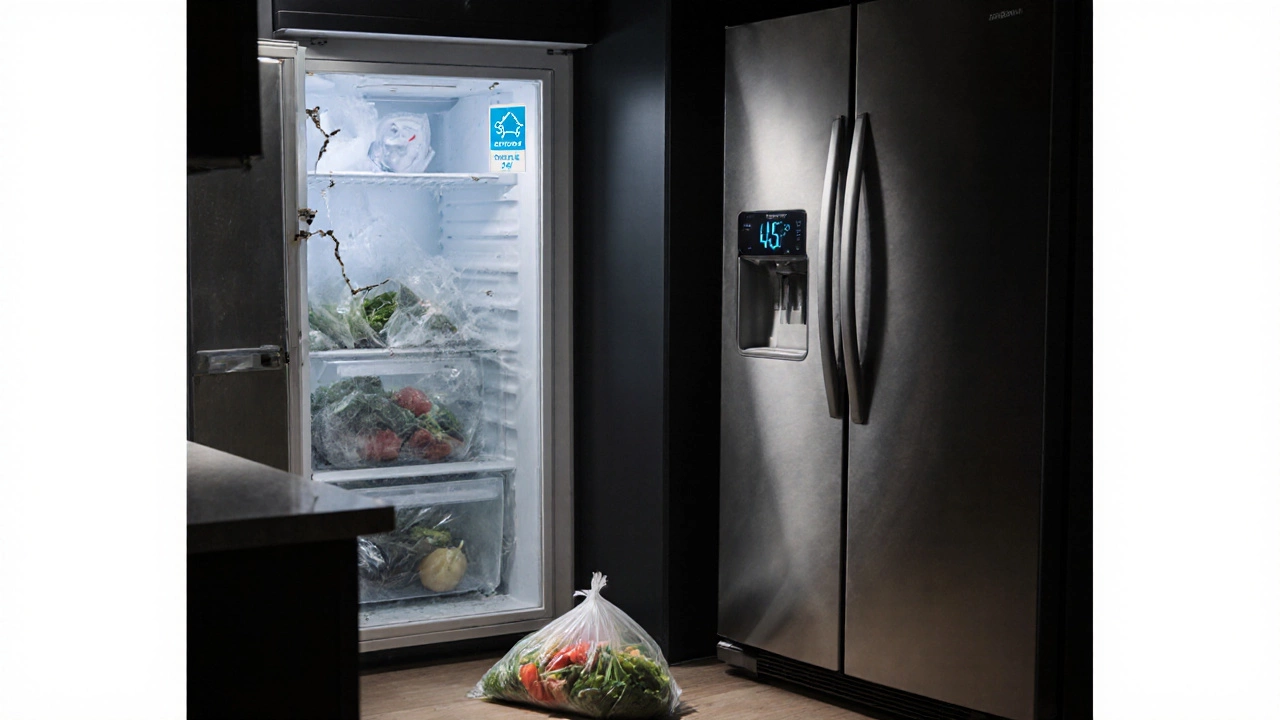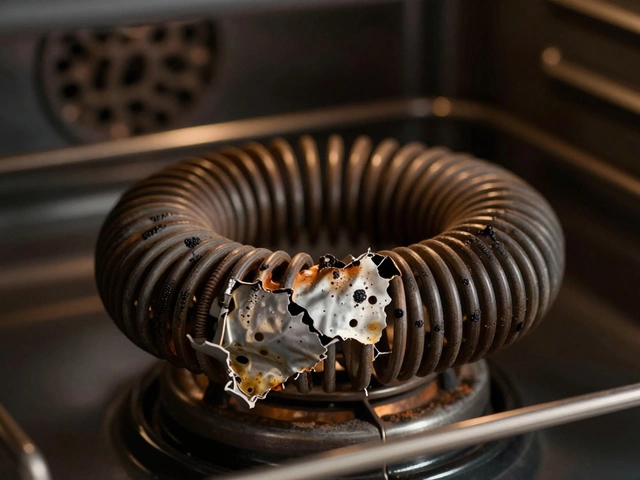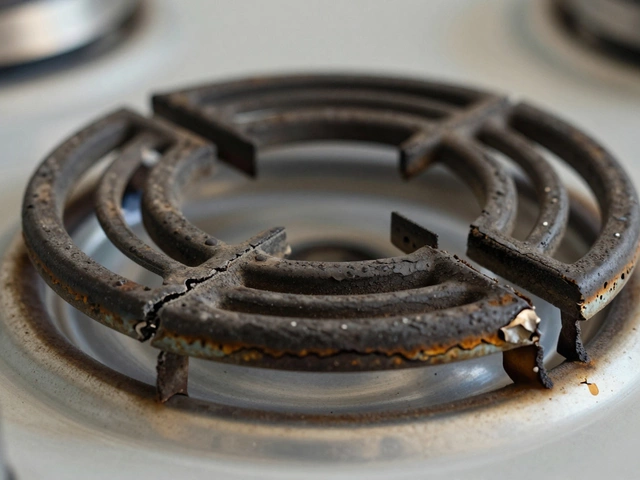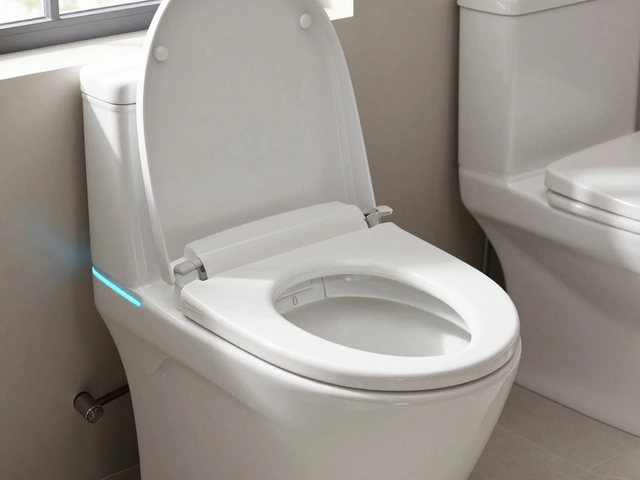Freezer Lifespan: What to Expect and How to Extend It
When you first buy a freezer, you probably think about size, price, and features. But how long will it actually work before it starts costing you more in repairs than it’s worth? Knowing the average lifespan and the factors that wear a freezer out helps you plan replacements and avoid nasty surprises.
Typical Lifespan of Common Freezer Types
Most stand‑alone freezers built between 2010 and 2020 last about 10‑15 years. Chest freezers tend to outlive upright models because the door seal is less stressed and the compressor works harder less often. An upright freezer in a busy kitchen can see its life drop to the low‑teens if the door is opened constantly.
Energy‑efficient models with inverter compressors often push the 15‑year mark. Cheaper units with direct‑drive compressors may start having problems after eight to ten years. Remember, the warranty period (usually 2‑3 years) is not a guarantee of total life—it's just the manufacturer’s confidence in the early years.
Tips to Keep Your Freezer Running Longer
1. Check the seal. A loose gasket lets warm air in, forcing the compressor to work overtime. Run a penny around the edge; if it slides, replace the seal.
2. Defrost regularly. Ice buildup reduces airflow and makes the motor run hotter. If you see more than a quarter‑inch of frost, unplug and let it melt.
3. Keep it level. An uneven freezer creates vibrations that wear out motor bearings. Use a bubble level and adjust the feet.
4. Clean the coils. Dust on the back or bottom coils blocks heat exchange. Vacuum them gently every six months.
5. Avoid overloading. Packing the freezer full blocks air vents. Leave some space for cold air to circulate.
6. Maintain a stable room temperature. If your kitchen gets hotter than 30°C (86°F), the freezer works harder. Consider moving it to a cooler spot.
7. Listen to the motor. Humming, rattling, or a sudden stop can signal a failing compressor or fan. Early service can prevent a total breakdown.
When the freezer starts making odd noises, takes longer to reach freezing temperatures, or shows frost inside the freezer compartment, it’s time to call a pro. A quick inspection can reveal a faulty thermostat, a burnt‑out start relay, or a refrigerant leak—issues that often have a clear repair cost.
If the repair bill is more than half the price of a new unit, or the freezer is already beyond 12‑15 years, replacement is usually the smarter move. New freezers are more energy‑efficient, so you’ll save on electricity while getting a fresh warranty.
Finally, keep a simple maintenance log. Jot down the date you clean the coils, replace the seal, or notice any odd sounds. Over time you’ll see patterns and know exactly when a problem is getting serious.
Knowing the average lifespan and staying on top of basic care can add years to your freezer’s service life. That means fewer trips to the repair shop, lower energy bills, and more peace of mind for you and your family.
28 October 2025
·
0 Comments
Deciding whether to repair or replace a freezer? Learn the real costs, hidden savings, and key signs that tell you when it's time to buy new instead of fixing old.
Read more
8 March 2025
·
0 Comments
Wondering how long a freezer typically lasts? This article explores the average life expectancy of freezers and shares practical tips for extending their lifespan. From understanding common issues to easy maintenance tricks, learn how to keep your freezer running efficiently. Discover interesting facts and tackle minor problems yourself to save costs on repairs. Keep your food preservation worries at bay with expert insights.
Read more







